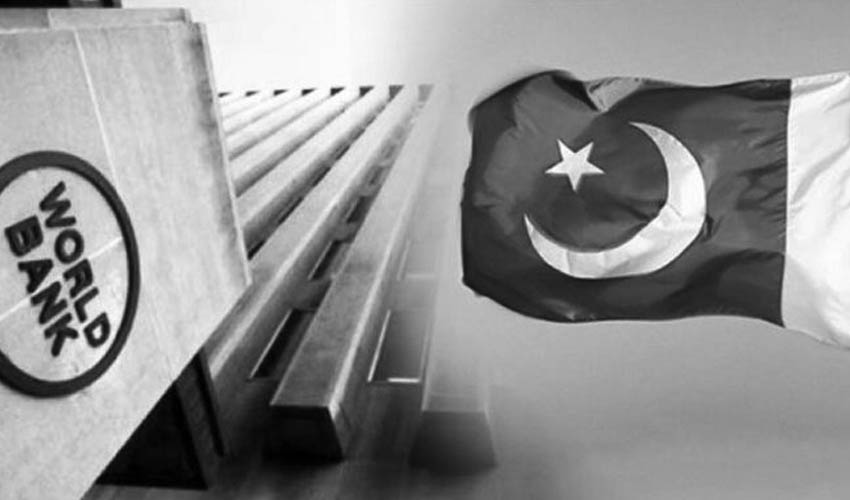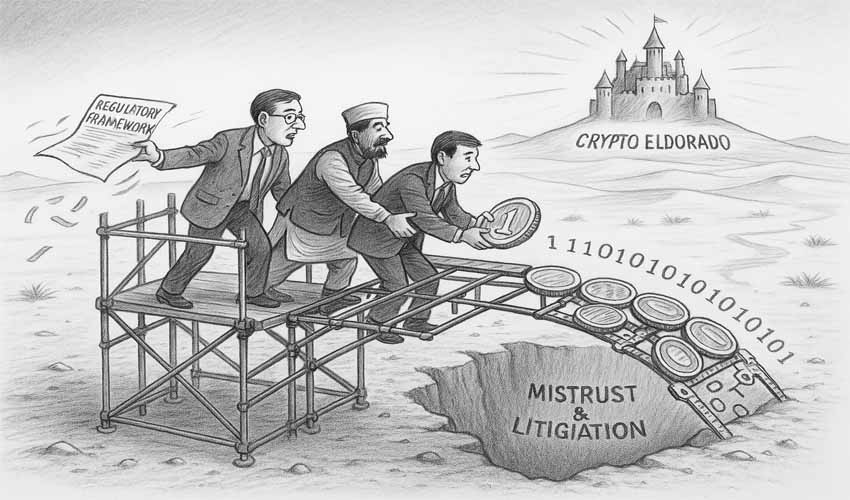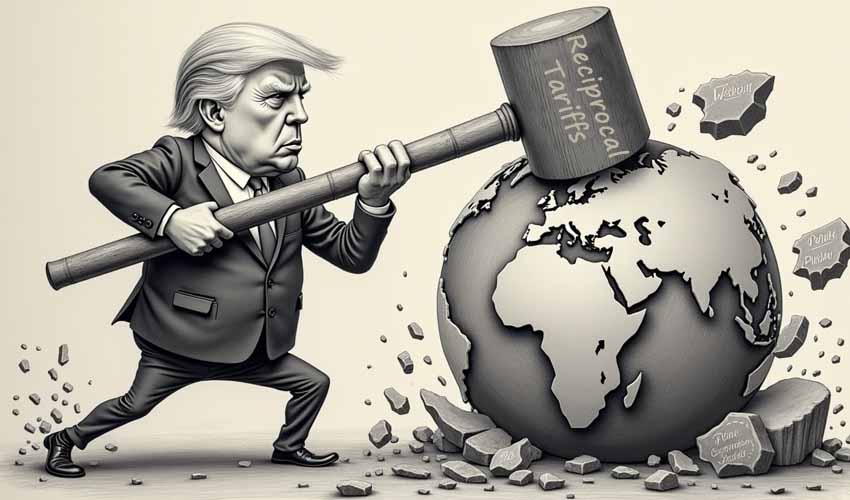The World Bank’s $40 billion economic support announcement came as a much-needed breath of fresh air. Although this amount is not a bailout, it should not be mistaken for a blank cheque, nor is it free. Rather, it is a bet on Pakistan’s ability to break free from its cycle of crisis.
Half of the investment will flow through the International Development Association (IDA) and the International Bank for Reconstruction and Development (IBRD), focusing on health, education, and social development. The International Finance Corporation (IFC) will arrange the remaining $20 billion for long-term economic sustainability through private sector expansion. However, this investment is tied to reforms and is not just another financial package to keep the lights on.
Speedy progress seems difficult in the presence of deep-rooted economic challenges like policy paralysis. Money spent without strengthening economic fundamentals may deliver a cosmetic makeover, but it is no substitute for real transformation. The government must overcome the policy inertia and introduce difficult yet necessary reforms. Comprehensive tax digitization, long-overdue energy sector restructuring, and efforts to curb circular debt are all steps in the right direction. Encouragingly, exports are inching up, interest rates have persistently gone down, and investor confidence is returning.
No amount of foreign investment can fix Pakistan’s problems overnight. The IMF is still in the picture, and its tough-love approach has signaled that future bailouts will not be easy
Short-term fixes would not bring about sustainable economic growth, and the government appears to be well aware of this fact. Prime Minister Shehbaz Sharif requesting World Bank officials for help in executing the economic reforms plan is a welcome step. This news is unusually pleasant, coming from a country that has excessively relied on capital flying in, whether in the form of foreign aid, loans, or remittances, for survival. Considering the way things are going, efficient systems, along with prudent and sensible execution of funds, are expected to act as the main drivers of economic growth.
No amount of foreign investment can fix Pakistan’s problems overnight. The IMF is still in the picture, and its tough-love approach has signaled that future bailouts will not be easy. That, however, serves as a reminder that Pakistan is still in the recovery phase. But there is a difference between borrowing to survive and securing investment to grow.
It is now up to policymakers, bureaucrats, and business leaders to ensure that this opportunity does not go waste. The stakes could not be higher, and Pakistan is running out of second chances.



























